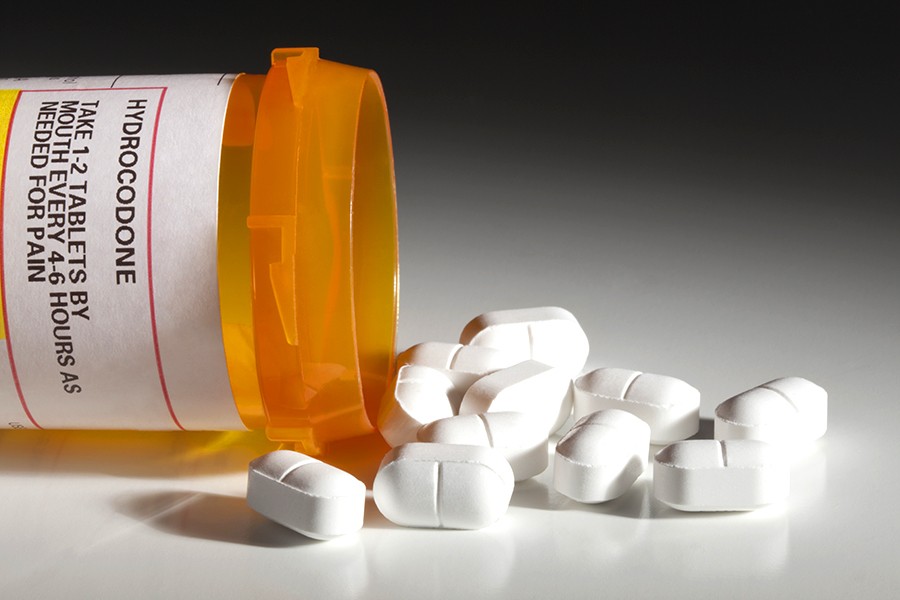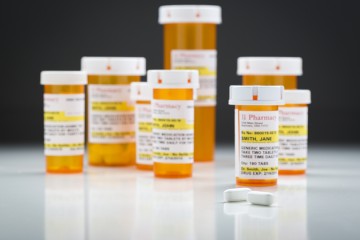A substantial majority of patients prescribed opioids after surgery fail to use their entire prescription, and more than 90 percent of them fail to dispose of leftover pills in the recommended ways, a team of researchers from Johns Hopkins University found in a recent review of half a dozen published studies.
Opioid abuse has been rising in the U.S., with some public health officials referring to the rate of opioid overdoses and deaths as an epidemic. The review highlights the need for personalizing pain management after surgeries so that physicians can avoid overprescribing opioids and patients can avoid the risks of improperly storing opioid medications in the home.
Results are published online today in the journal JAMA Surgery.
"Physicians write a lot of prescriptions for patients to fill for home use after they have inpatient or outpatient surgery, but our review suggests that there's a lot we don't know about how much pain medication people really need or use after common operations," says Mark Bicket, an assistant professor of anesthesiology and critical care at the Johns Hopkins University School of Medicine and the paper's first author.
"If we can better tailor the amount of opioids prescribed to the needs of patients, we can ensure patients receive appropriate pain control after surgery yet reduce the number of extra oxycodone and other opioid tablets in many homes that are just waiting to be lost, sold, taken by error, or accidentally discovered by a child."
The Hopkins researchers found that between 67 and 92 percent of a total of 810 patients self-reported that they had unused opioids after a surgery. A small number either did not fill their opioid prescription (up to 21 percent) or filled the prescription but did not take any of the pills (between 7 and 14 percent). Overall, Bicket says, anywhere from 42 to 71 percent of prescribed pills dispensed went unused among the patients, but a pill count was not used to independently verify the number of unused tablets.
A majority of patients reported that they stopped taking pills or didn't take any pills in the first place because they could adequately control their pain. Between 16 and 29 percent of patients reported that they ended their opioid use because of the medication's side effects, such as nausea, vomiting, or constipation.
Analysis of two studies—which focused on opioid storage and safety—shows that up to 77 percent of patients reported that their opioids were not stored in locked containers. Five studies looking at opioid disposal practices revealed that less than a third of patients reported that they had disposed of their unused pills or that they planned to, and a smaller portion of patients—less than 10 percent—said they had considered using or had used a disposal method recommended by the Food and Drug Administration.
Bicket notes that the review's limitations include the number of studies reviewed and differences in the questionnaires used in each, as well as limitations related to the reliability of self-reported data and unconfirmed pill counts.
To cut down on instances of unused opioids, Bicket says doctors and clinicians should personalize prescriptions and dosing instructions for patients instead of using a one-size-fits-all approach. He cautions that the research is not meant to encourage doctors to withhold opioid prescriptions from people who are in pain.
"We need to do more research into why some people need more medication than others," he says. "Perhaps there are some characteristics in a patient, such as whether he or she is on opioids before the surgery or has certain genetic markers, that can let me determine that one needs more pain medication than another. ... We need better data and tools to ensure patients have access to adequate pain relief after surgery while reducing the risks of opioid overprescribing."
Read more from Hopkins MedicineTagged pain management, prescription drugs, opioids, drug abuse











